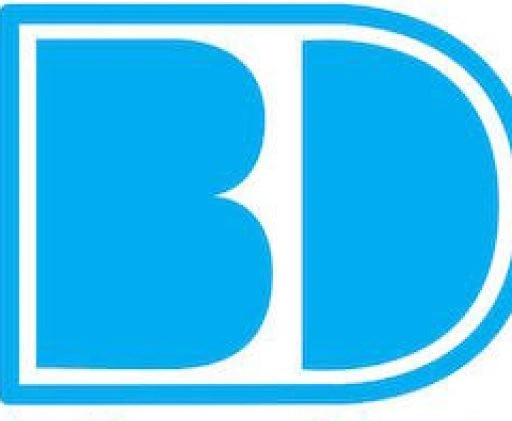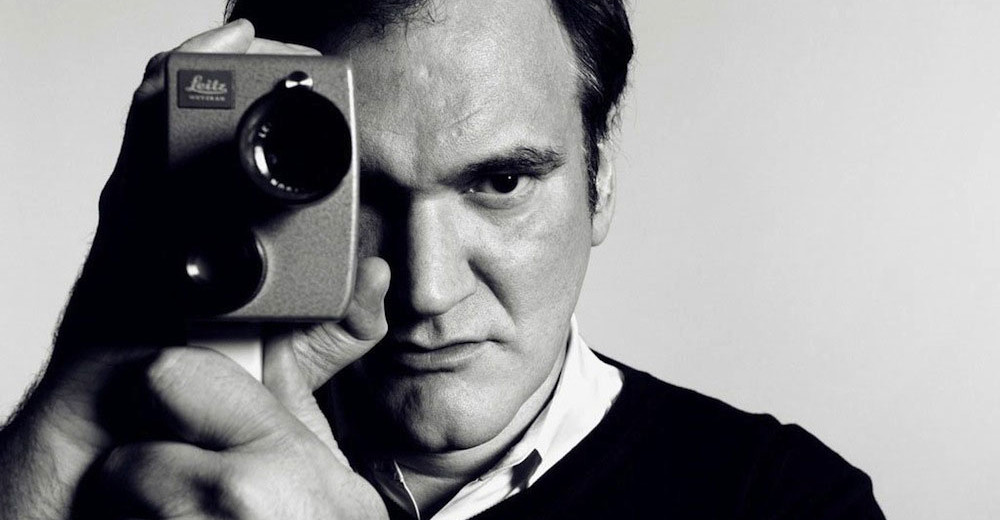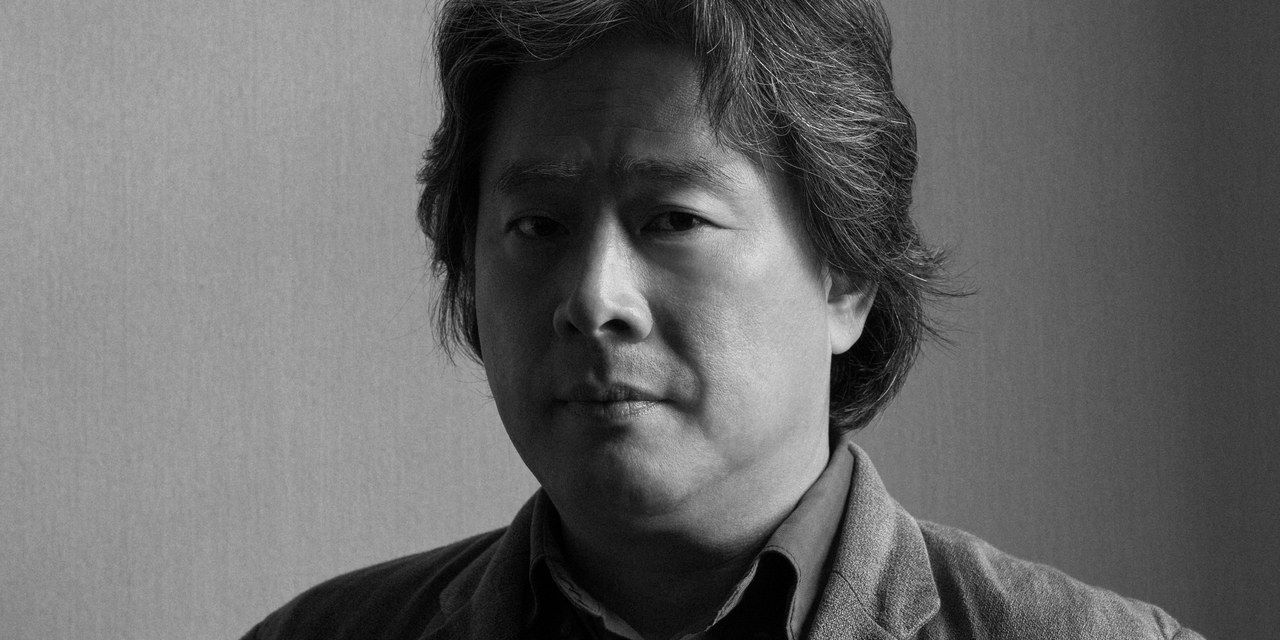The late 80s was a happening year in Hollywood as the conventional studio driven production fortress was bombarded by a bunch of dare-devilish, young filmmakers. Among them was a “video store clerk”, who had some weird ideas about filmmaking. After a struggling phase, he hoisted his flag in the 1992 Sundance Film Festival with the screening of his movie Reservoir Dogs. Quentin Tarantino has been considered as the most influencing filmmaker emerged after the 80s ever since, and almost all his movies are enjoying a cult following for their nonlinear and unconventional narratives, hidden links to popular culture and homages given to movies and songs from the 60s and 80s.
Started making films in his twenties, Tarantino made movies covering and intermixing almost all the genres in Hollywood to come out every time with something exclusively Tarantinoistic. Often, critics projected him as the flag bearer of postmodern cinema because of his approach of taking art already created and frame them into a fresh work of art with a new aesthetics. In this conversation, Tarantino reveals his modus of operandi, which is very important for a contemporary filmmaker to cope up with the highly volatile filmmaking scenario of weird structures and forms.
A Dream Never Shouts, But Whispers: Steven Spielberg’s Talisman For Young Filmmakers
Tarantino remembers a valuable advice he received at Sundance when he was a young filmmaker. He says, what is important for a filmmaker is having a vision. A filmmaker may not be an expert in all the departments of filmmaking, but he or she can hire expert hands like a cinematographer, production designer, costume designer, and editor. But, a filmmaker should be an expert in communication and describing the vision inside his head to the crew members. How a filmmaker describes what his vision is and what he want out of the crew to realize it is the decisive factor for success.
He also reveals some of his unique conditions on his sets, like a no monitor policy while shooting. Tarantino says avoiding monitors on sets enables him a better control over his actors and the entire process of filming and places him at the center of things happening. He stresses the importance of closely watching the actors enacting the characters in front of the camera.
Another condition he carries with him all the time is using a single camera for canning shots. He neglects the idea of using a secondary camera for convenience and sloppy visuals and exemplifies a single camera model of filmmaking gives the director more control over the composition. Like in his movies, he concluded the conversation with a twisted joke sharing his short stint with acting and how he got rid of the celebrity bite associated with acting career. Tarantino is as unexpected and unpredictable as his movies and proves why he continues to be a constant source of inspiration for film students from all over the world.
Written By: Ragesh Dipu
Image Courtesy: sensesofcinema.com




